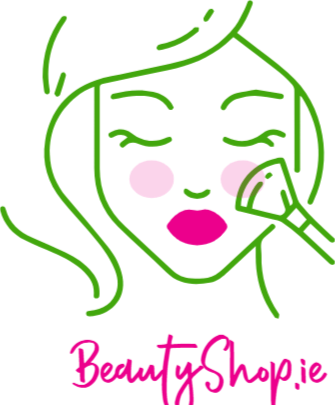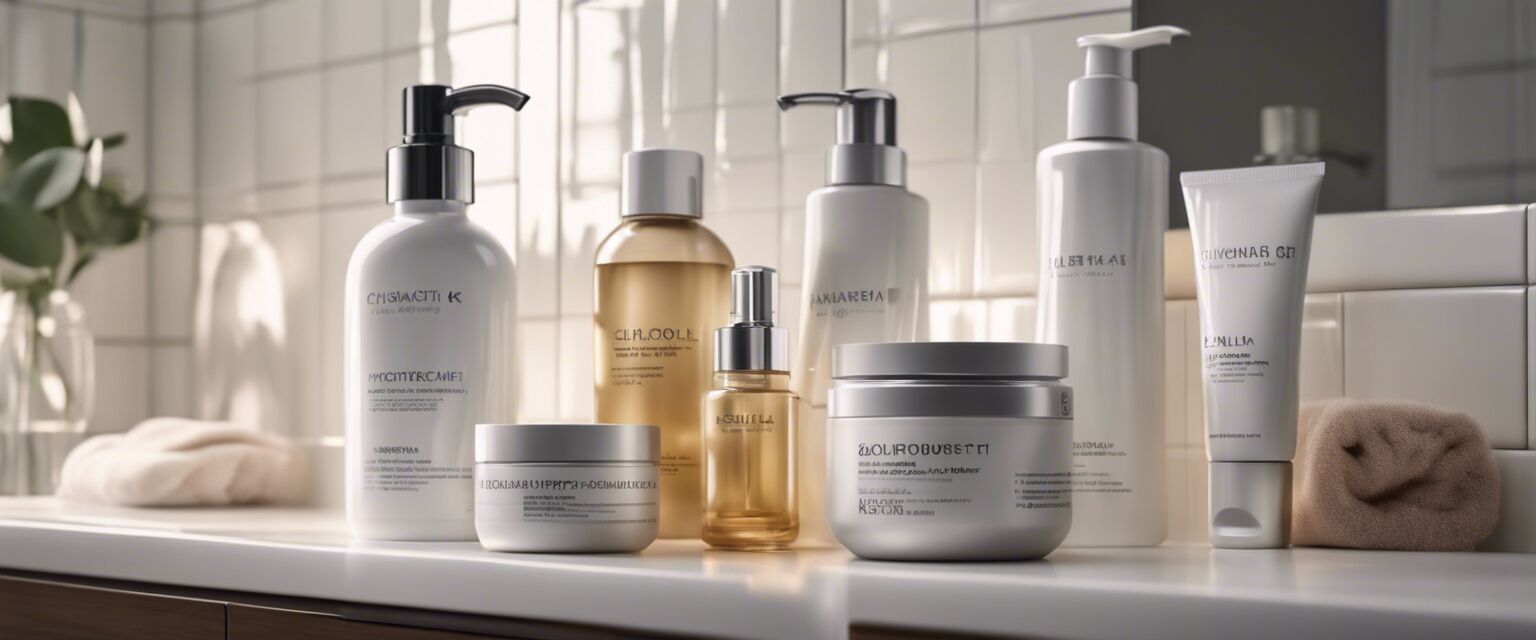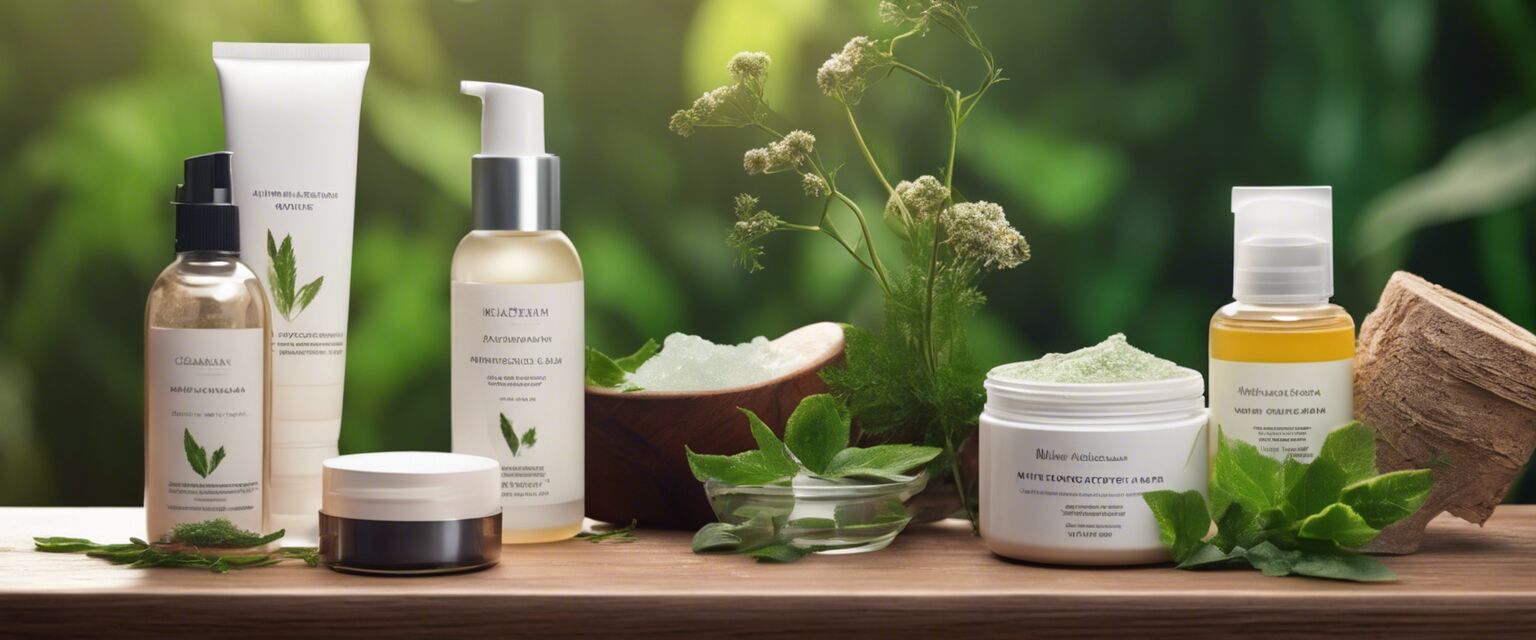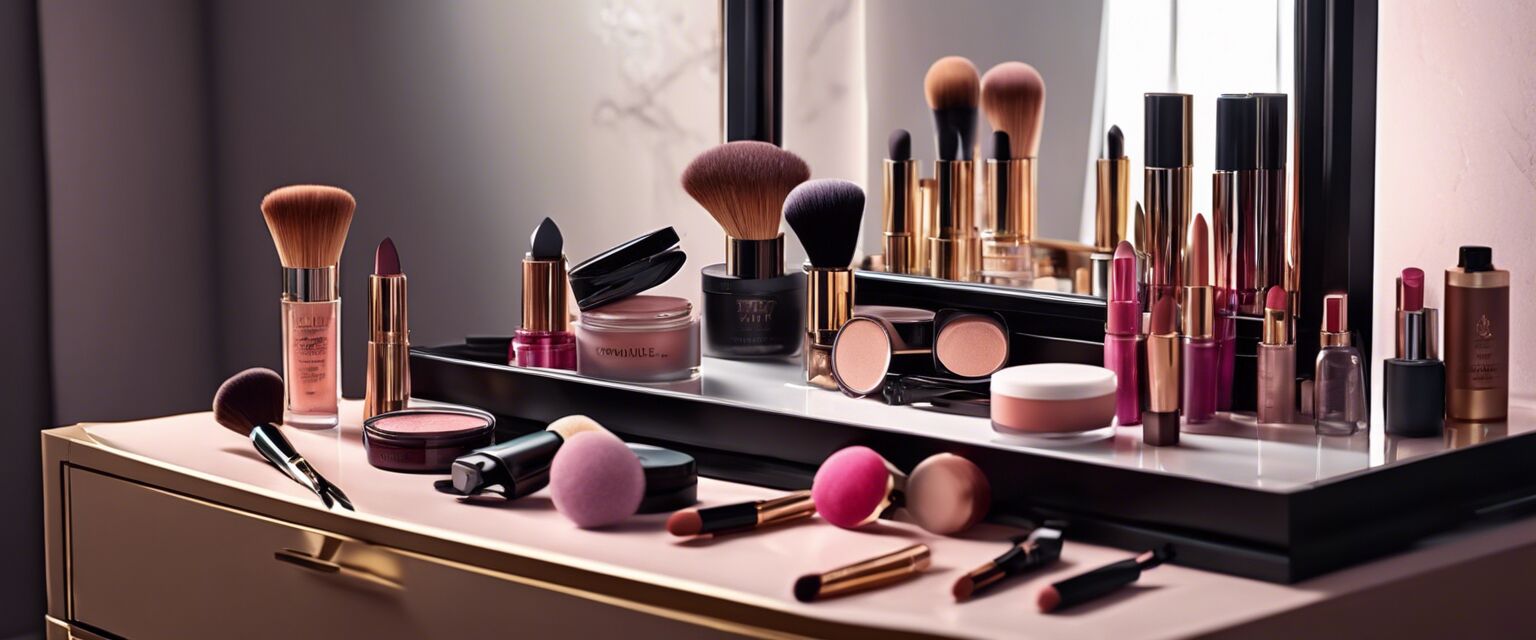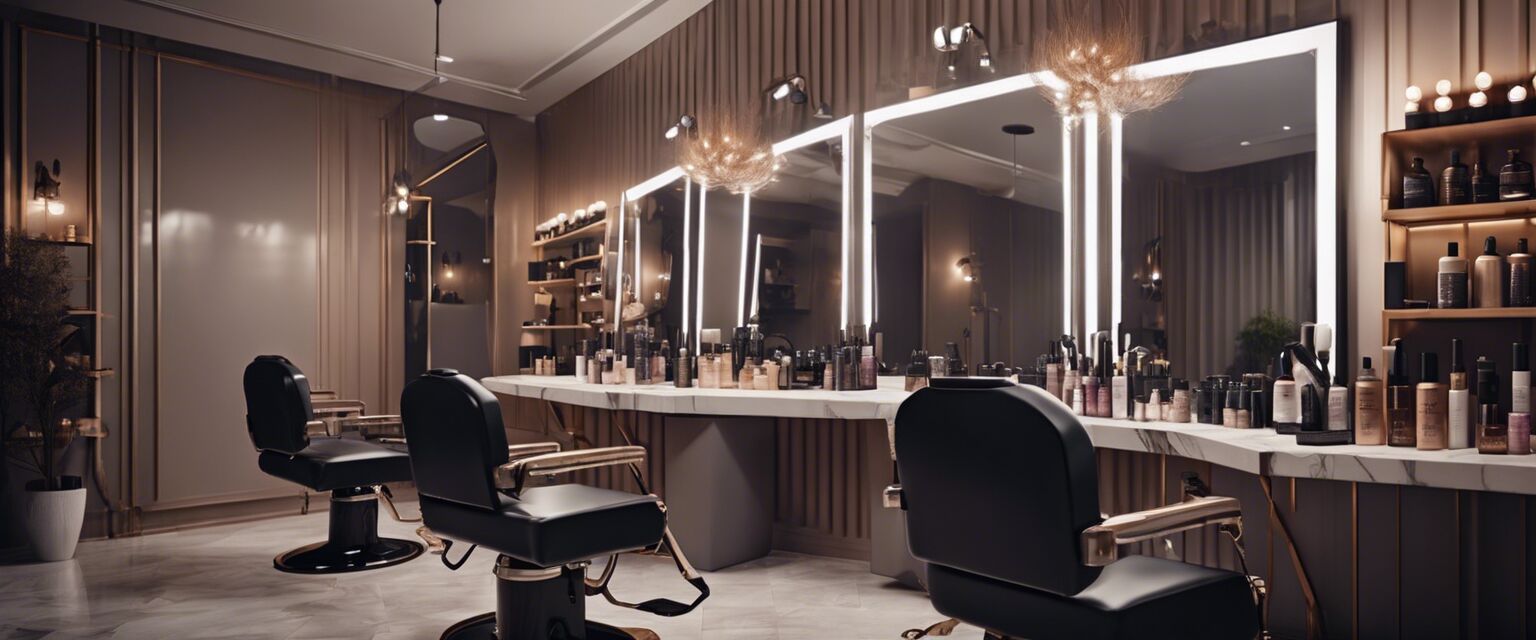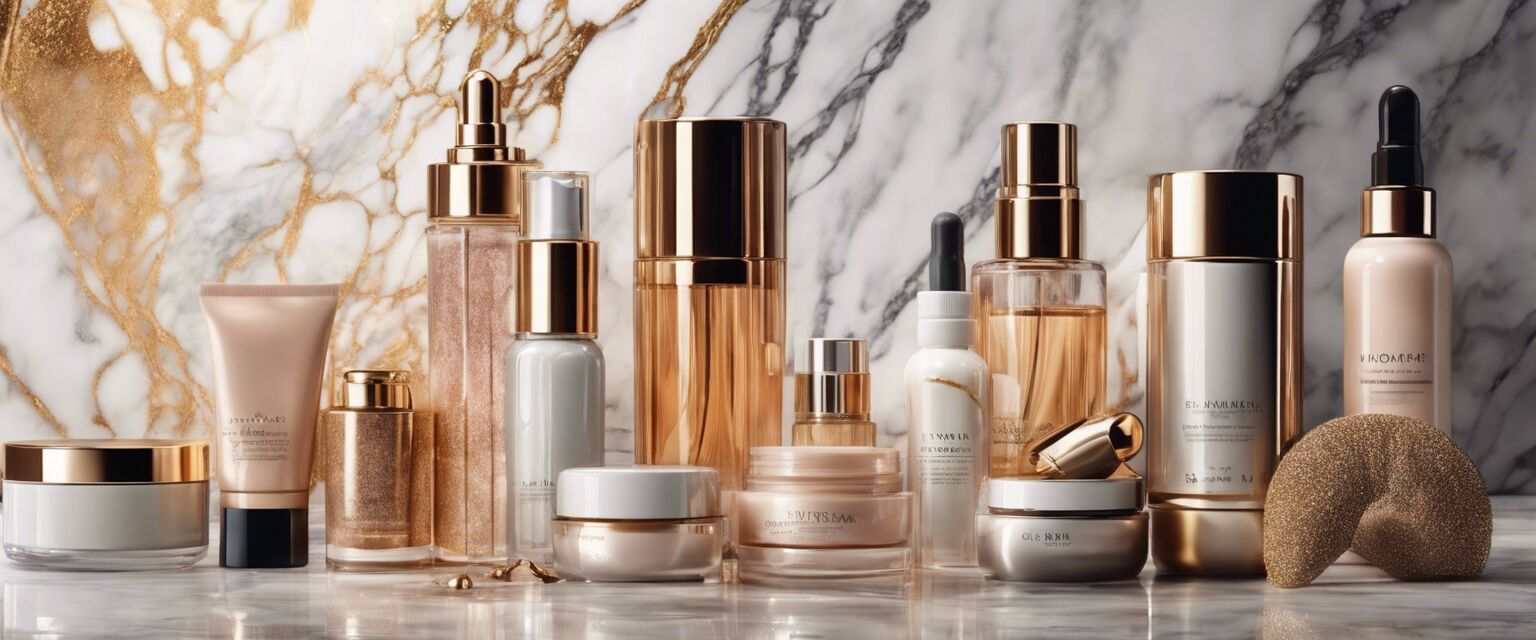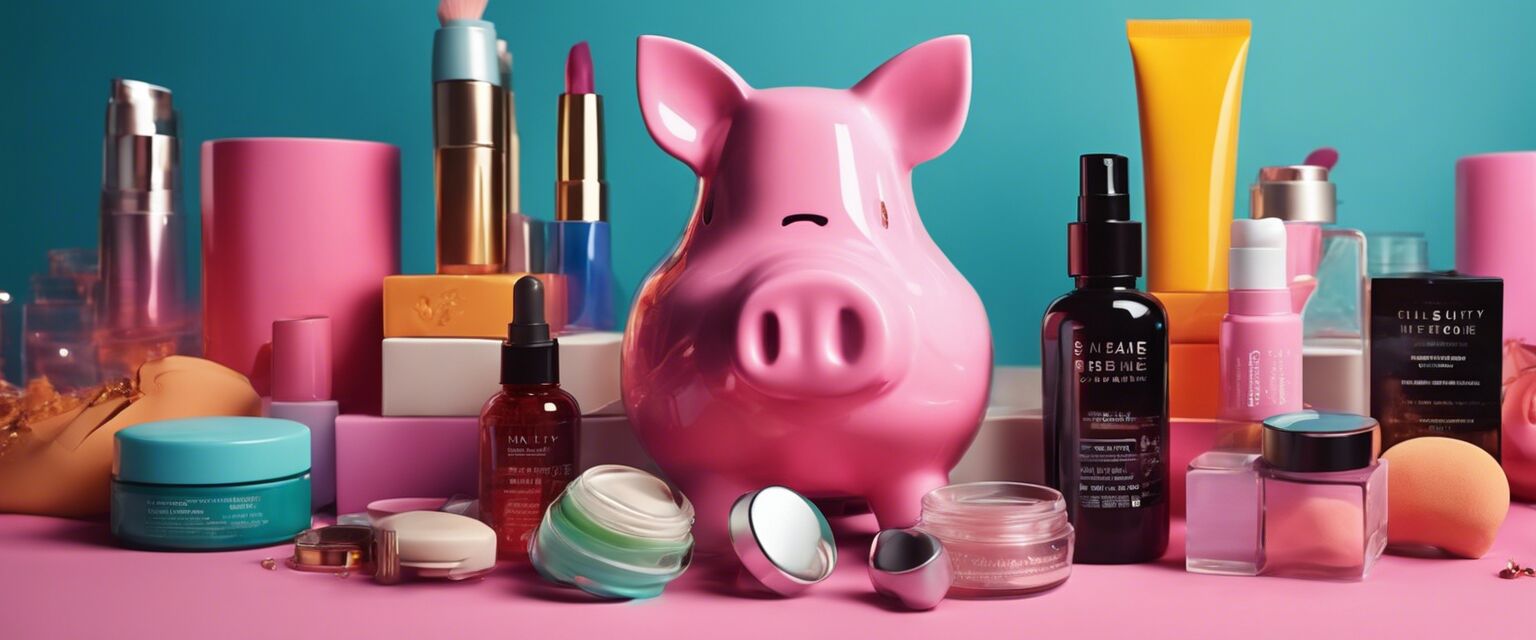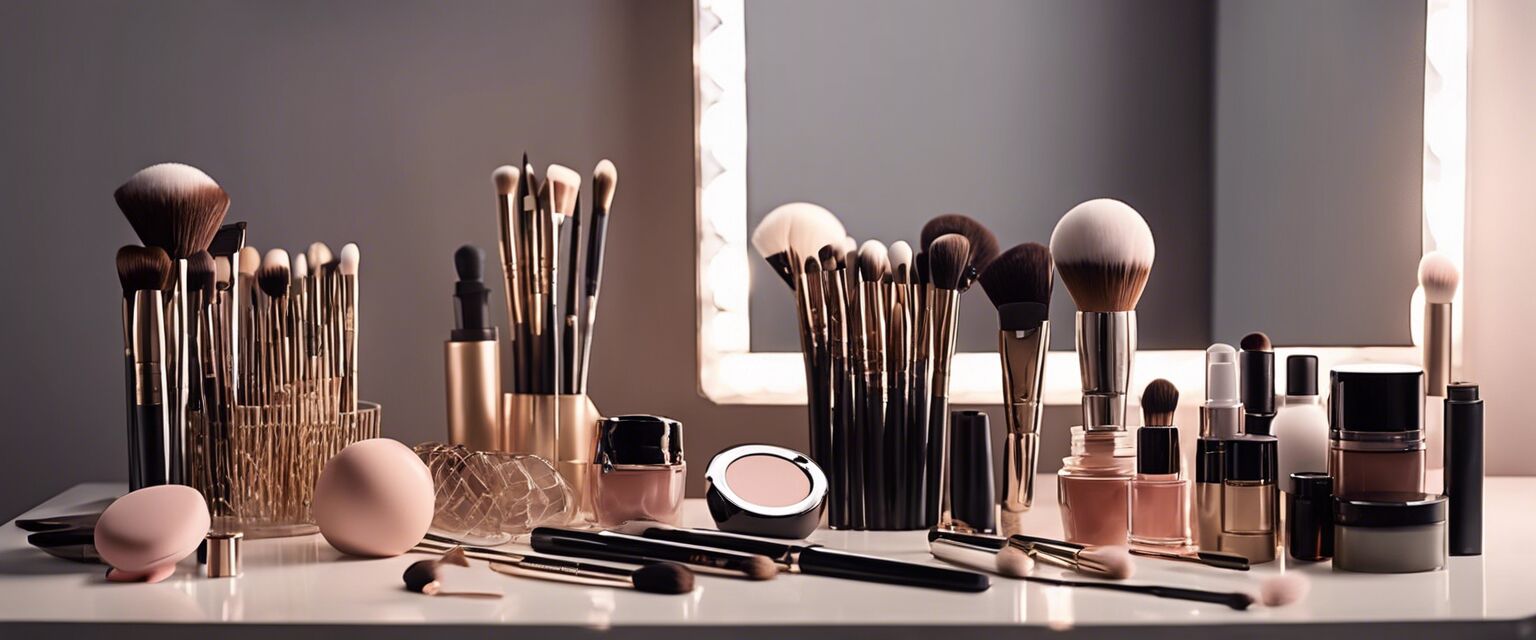
Anti-Aging Products
Key takeaways
- Understanding different types of anti-aging products is crucial for optimal results.
- Knowing the active ingredients can help you choose the right products for your skin type.
- A consistent skincare routine is essential for achieving visible anti-aging benefits.
- Reading reviews and expert insights can guide your product selection.
As we age, our skin goes through various changes. While aging is a natural process, many individuals seek ways to maintain youthful skin. With a plethora of anti-aging products available, understanding what to look for is essential. This guide covers various anti-aging options like creams, serums, and treatments to help you make informed choices.
Types of anti-aging products
Anti-aging products can be segmented into several categories, each offering various benefits. Below is an overview of the most popular types:
| Product Type | Description | Common Ingredients |
|---|---|---|
| Moisturizers | Hydrate the skin, creating a plump appearance. | Hyaluronic acid, glycerin, peptides |
| Serums | Target specific issues like wrinkles, fine lines, or dull skin. | Vitamin C, retinol, antioxidants |
| Sunscreen | Protects the skin from harmful UV rays, preventing premature aging. | Zinc oxide, titanium dioxide |
| Eye creams | Specifically formulated for the delicate skin around the eyes. | Caffeine, peptides, hyaluronic acid |
| Peels & Treatments | Exfoliate the skin and promote cell turnover for a fresher look. | AHA, BHA, retinol |
Active ingredients to look for
Selecting an anti-aging product involves knowing which active ingredients can benefit your skin. Here's a list of some key ingredients and their functions:
- Retinol: Helps to accelerate cell turnover and reduce wrinkles.
- Vitamin C: An antioxidant that brightens the skin and helps manage discoloration.
- Hyaluronic Acid: A powerful humectant that retains skin moisture.
- P peptides: Firm the skin by promoting collagen production.
- Niacinamide: Helps improve skin elasticity and reduce the appearance of fine lines.
How to build your anti-aging routine
Creating an effective anti-aging routine requires consistency and proper product layering. Here's a suggested approach:
- Cleanser: Start with a gentle cleanser to remove dirt and makeup.
- Exfoliation: Use a chemical exfoliant 2-3 times a week to promote cell turnover.
- Serum: Apply a potent serum targeting your specific aging concerns.
- Moisturizer: Lock in hydration with a quality moisturizer.
- Sunscreen: Always finish with sunscreen during the day to protect your skin.
Popular anti-aging product categories
Here, we focus on broader product categories in the anti-aging space:
1. Beauty Tools & Accessories
Beauty tools such as jade rollers and microneedling devices can assist in strengthening routines and enhancing product absorption.
Explore beauty tools & accessories2. Skincare Solutions
Various skincare solutions are specifically made to target aging signs, from deep hydration to targeted serums.
Discover skincare solutions3. Makeup Must-Haves
Makeup can also play a role in the appearance of youthfulness, with foundations and concealers designed to illuminate skin.
Check out makeup must-haves4. Fragrance Favorites
Choosing a signature scent can boost confidence and leave a lasting impression.
Find fragrance favorites5. Wellness & Self-Care
Caring for your mental health and overall well-being complements your anti-aging efforts.
Browse wellness & self-care productsTips for getting the best results
Beginners Section
- Start with one or two products to see how your skin reacts.
- Test new products in a patch area before broader application.
- Stay consistent for a minimum of 4-6 weeks to notice changes.
- Maintain a balanced diet and hydration to support skin health.
Conclusion
Navigating the world of anti-aging products can be overwhelming, but with this guide, you're well on your way to selecting the right solutions for your needs. By understanding the types of products available, the active ingredients to look for, and maintaining a consistent skincare routine, you can embrace a radiant, youthful glow at any age.
Pros
- Diverse product options tailored for various skin concerns.
- Many ingredients backed by research for their effectiveness.
- Potential for visibly reversing the signs of aging.
Cons
- Regular use may be necessary to maintain results.
- Products can be costly, depending on the brand.
- Not all products suit everyone, leading to possible irritation.
Final Thoughts
With the right knowledge and dedication, anyone can find the appropriate anti-aging products to enhance their skincare routine. Be sure to research thoroughly and choose products that suit your unique skin type and concerns.
Frequently Asked Questions
What age should you start using anti-aging products?
It's often recommended to start in your mid-20s to early 30s, but it can vary based on individual skin conditions.
Are natural anti-aging products effective?
Many natural products can be effective, but always check for scientific backing on their efficacy.
How often should I use anti-aging products?
Generally, most products are designed for daily use, but follow specific product instructions for optimal results.
